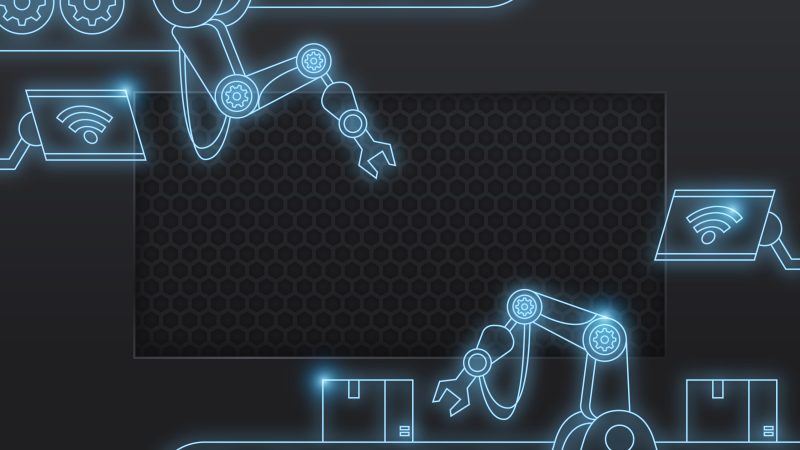Big Tech: 3 Ways How Our Technology Has Shaped Our Lives Over the Years

Most of us don’t actively think about it, but the technology we all use in some shape or form has shaped our lives in ways which we may never truly understand.
In fact, some neuroscientists and psychologists have theorized that our increased exposure to technology is reshaping the structure of our brains. But, as evolution takes hundreds of thousands of years, we may never know the truth behind these theories.
Regardless, we all rely on technology in some form today. It is our technology which has advanced our civilizations from stone tools to atomic weapons. And in between exists all of the technology that makes our lives easier and more comfortable.
The importance of technological developments in life today is often understated, the leaps and bounds made by scientists largely taken for granted. But we can pin these developments down to just a few that have made the biggest impacts of all on our lives.
The Internet: A Digital World of Opportunity
Without the Internet, much of the life you know of today would not exist, nor would it be possible.
If you think about it, nobody would be able to work remotely, and the vast job market that relies on digital tech would be largely non-existent. But we owe the ability to source information in mere seconds to a multitude of developments which occurred several decades ago and are producing fruit today – namely, the conception and development of a network called Usenet.
Usenet arose as a way for academics to communicate using computers in 1979. And this was developed by Tom Truscott and Jim Ellis of Duke University so they could send files to a colleague of theirs at the University of North Carolina at Chapel Hill. What developed from there was the formation of the first online forums and chatrooms, and this helped lead to the birth of the Internet a few years later in 1983. Usenet, however, has grown into a massive, thriving community-centric network of users sharing content with each other for their mutual edification.
In fact, though Usenet is still a separate entity from the Internet, you can access Usenet today using a Usenet service provider.
Cellular Technology: Portable Means of Communication
Mobility has always offered an edge when it comes to the evolution of society. Basically, the more mobile we are, the more efficient we are. And the easier it is to communicate from anywhere in the world allows for advancements of all kinds.
Without cellular technology, we’d all be living in a world that never progressed past the 1970s. And while some might fancy this idea, believing that it was a much more wholesome era of humankind, the fact is that cellular technology has drastically shaped our existence.
The technology which enabled cellular phones has been around since the 1940s. But in 1973, Inventor Martin Cooper showed the world that his mobile handset worked on the streets of New York City.
Even though the first real units weren’t sold until the 1980s, Cooper’s cellular phone changed everything. And now you probably can’t envision a world without cell phones at all.
Smartphones: The Next Step in Cell Tech
Combining the two largest driving forces in technology, the smartphone combines the power of mobile communication with the power of the Internet. And today, these devices have become close to essential in order to function in everyday society.
What began as the clunky Motorola “Brick” in the 1980s was changed forever when the first smartphone hit the market in the mid-’90s. And though IBM’s Simon wasn’t exactly the smartest of all, it laid the groundwork for one of the most revolutionary products the world has recently seen, the very first iPhone introduced in 2007.
When Steve Jobs introduced the iPhone, the world changed. And we were given the first touch-enabled interface that allowed a user to browse the Internet in the same fashion as a laptop or desktop computer, all in the palm of their hand.
And the rest is history.
Our technology may constantly be shaping our lives. But where we go from here depends largely on what we want to accomplish as a society and as a species. And in all of our advancement, we can only hope that our efforts will focus on the greater good.






